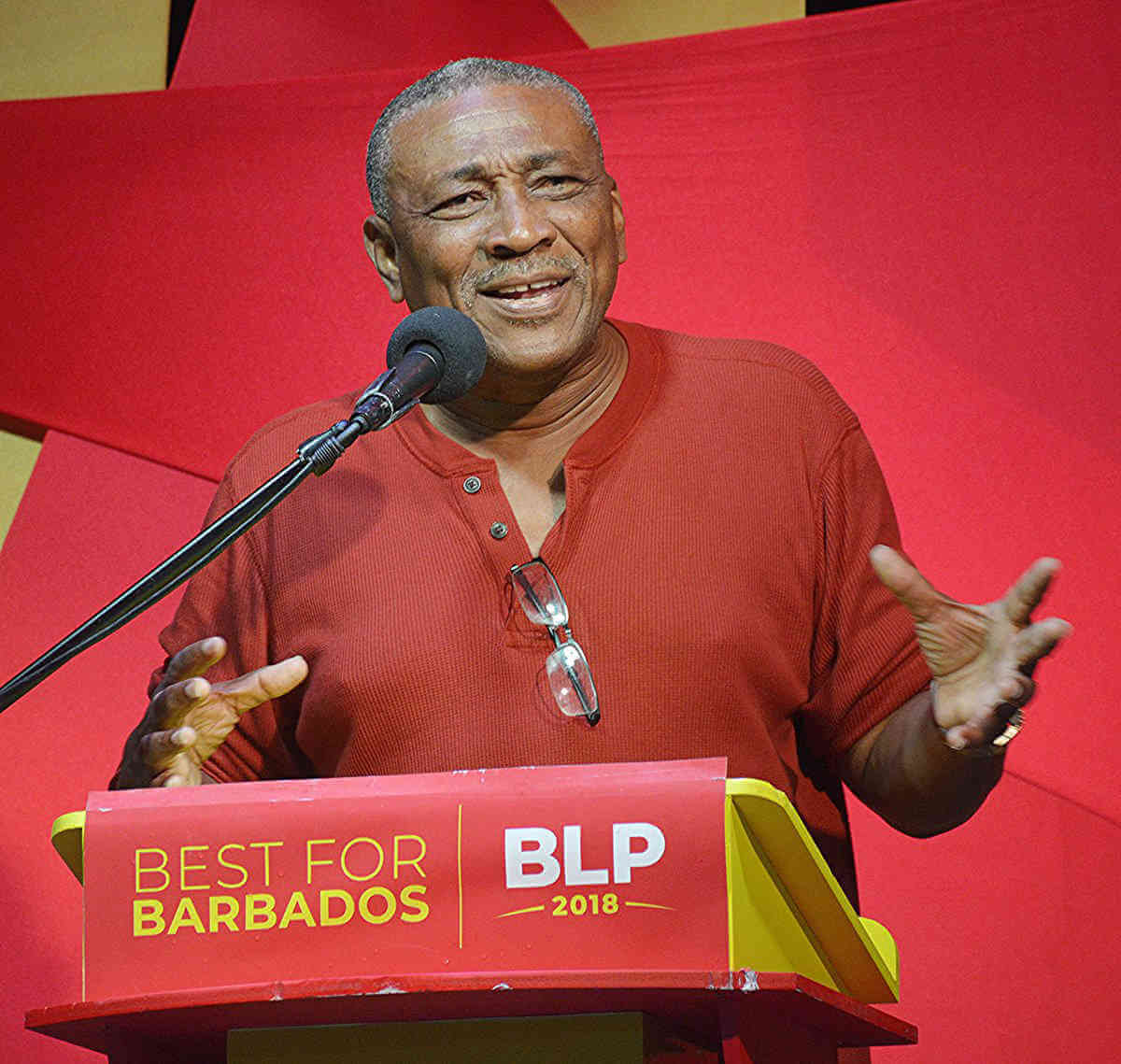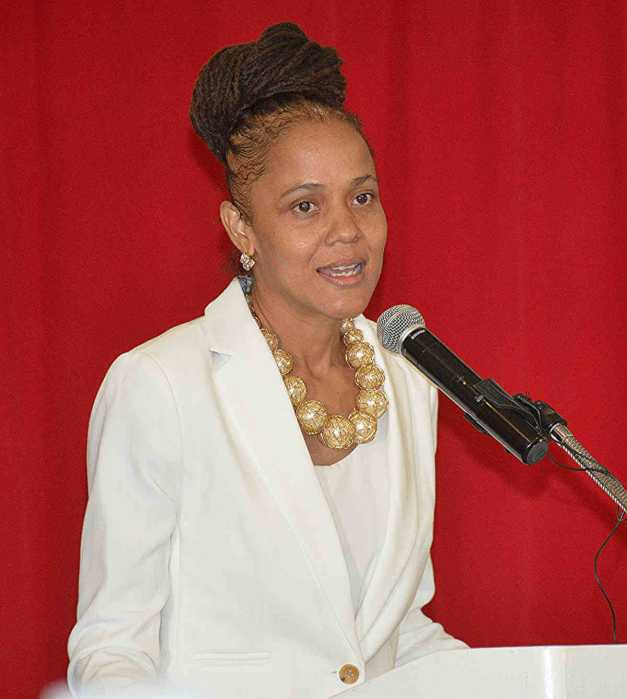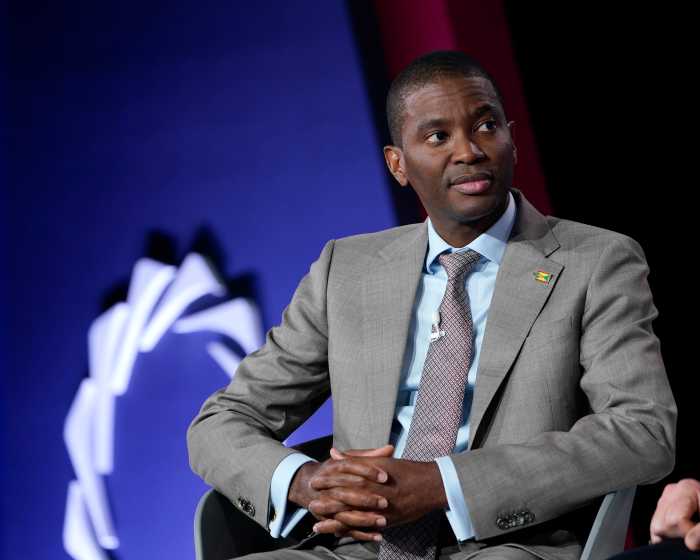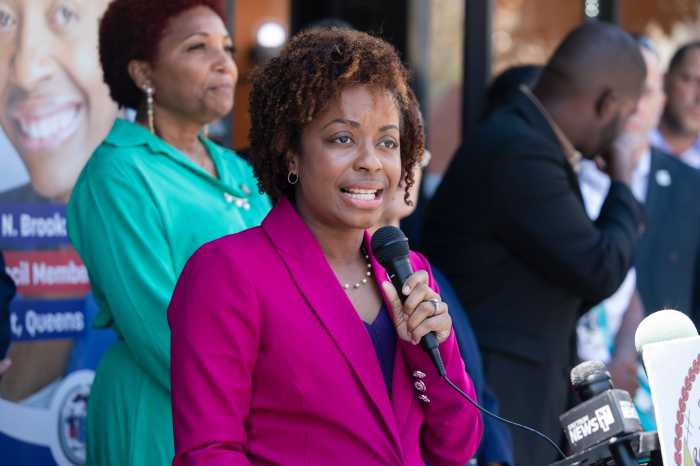Not too long after the Barbados Labour Party bounded home to a resounding victory in the general elections, the veneer of unity and togetherness was shattered by the defection of a stalwart to become the official opposition.
Seven days following her leadership of the party to a historic win of all 30 seats in the House of Assembly in the island’s Parliament, Prime Minister Mia Mottley was informed by a BLP veteran and one of the winning team, Joseph Atherley, that he was leaving the political group to sit on the other side of Barbados’ House of Assembly as leader of the opposition.
“This platform gives me an opportunity to speak a bit more broadly to the interests of the national community of Barbados,” Atherley said after the governor general had sworn him into office as the leader and sole member of the opposition.
A minister of religion, Atherley said, “I come to this with an honest heart, I come to this moment as I have come to several moments in my life with a very serious reflection, with a sense of the leaning of God, and with a sense of purpose and destiny and sometimes somebody has to make the step, sometimes it entails being the sacrifice, but the truth of the matter is that I am not in this for any personal motivation.”
By his explanation Atherley saw it as his duty to the people of Barbados to cross the floor and become the voice opposing and putting checks and balances on the moves by a government that had virtually swept away the opposition through its 30-nil victory.
“We had a result in the election of 30 to one party, none on the other side, representing an absence of a physical presence on the opposition benches. I want to constitute that physical presence on the opposition benches and to give critical support to the party in office and the government; to applaud them when they get it right, which I believe they will often; to put pertinent and pointed questions to them when necessary; to help to keep them on their toes,” he said.
But his move was seen differently by some who noted that Atherley informed the prime minister about his decision to leave only after she had disclosed her picks of 26 government ministers, which did not include him.
Others argued that Atherley’s decision to cross the floor and become opposition leader was opportunist not only because of the higher pay and prestige coming with the position, but also owing to him appearing to ride to victory on the BLP popularity, then jump off after victory.
The accusation of opportunism comes against the backdrop of Atherley having lost the 2008 and 2013 polls amid speculation he might have lost his political capital as an individual.
His two losses followed wins of a parliamentary seat in 1999 and 2003.
Several BLP supporters also suggested that he had betrayed the party.
“If they are only calling me Judas because they do not understand where I am coming from at this stage, I think I’m escaping lightly,” he said.
In spite of now being firmly set in opposition to the BLP, Atherley said he still supports the philosophy of that party.
“It is definitely not a repudiation of the Barbados Labour Party platform, its policies, especially as contained in its recent manifesto,” Bishop Atherley said, adding “I don’t repudiate those, I support those.”
While many of the 75 percent of Barbados’ voting population who elected the new government in the sweep of May 24 are suspicious of Atherley, the fact remains that Barbados’ most popular government now has an opposition, albeit a case of one opposing 29 members of parliament.


























